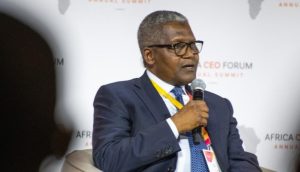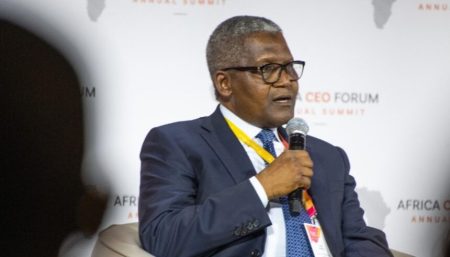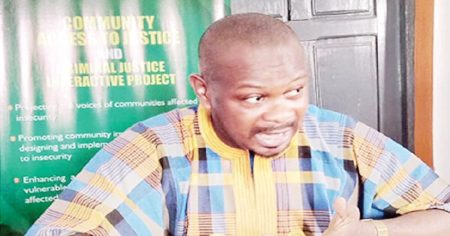The Federal College of Education Ofeme, located in Abia State, Nigeria, is in its nascent stages of development, facing numerous challenges typical of a newly established institution. Dr. Titus Ezeme, the Provost of the college, has embarked on a determined drive to garner support and resources for its growth, appealing to corporate organizations, philanthropists, and particularly the local Ofeme/Ohuhu community to contribute to the institution’s advancement. Recognizing the limitations of relying solely on government funding, Dr. Ezeme has emphasized the importance of collective responsibility in nurturing the college’s development. This proactive approach underscores the Provost’s commitment to establishing a strong foundation for the institution and ensuring its long-term sustainability.
Dr. Ezeme’s appeal for support has already yielded positive results, as evidenced by the generous contribution of Dr. Chikwendu Nwosu, an American-based medical doctor and philanthropist. Dr. Nwosu’s provision of scholarships to pioneer students of the college has been instrumental in facilitating the commencement of the 2024/25 academic session. While acknowledging and expressing gratitude for this significant contribution, Dr. Ezeme highlighted the ongoing needs of the institution, including staff accommodation, perimeter fencing, and the acquisition of books for the library. This demonstrates the Provost’s strategic approach to resource mobilization, recognizing the importance of continued investment in the college’s infrastructure and academic resources.
Dr. Nwosu, during his visit to the college, commended Dr. Ezeme and his management team for their remarkable efforts in building the institution from the ground up, acknowledging the progress made despite considerable challenges. He pledged his continued support, particularly in bolstering the college’s medical facilities. Recognizing the potential for collaboration, Dr. Nwosu proposed providing infrastructure and leveraging his network of diaspora medical professionals to offer twice-weekly consultations, thereby significantly enhancing the quality of healthcare services available within the institution. This commitment reflects a valuable partnership between the college and the diaspora community, contributing expertise and resources to support its growth.
Dr. Nwosu’s encouragement and belief in the college’s potential served as a source of motivation for the institution’s leadership. He acknowledged the difficult circumstances surrounding the college’s establishment, but expressed unwavering confidence in Dr. Ezeme’s leadership, urging him to remain steadfast in his commitment to the institution’s growth. This affirmation of support, coupled with the belief that the college could eventually evolve into a federal university, provided a much-needed boost to the morale of the staff and reinforced the vision for the institution’s future. It emphasized the transformative potential of the college and the importance of continued dedication to its development.
In a parallel development, Dr. Ezeme addressed the faculty, emphasizing the importance of upholding high standards of professionalism and performance. He cautioned against laxity, absenteeism, and insubordination, underscoring the need for unwavering commitment to their duties. This direct address to the faculty demonstrates the Provost’s focus on establishing a culture of accountability and excellence within the institution. He stressed the importance of ensuring that students do not face unnecessary delays due to administrative oversights, highlighting the need for efficiency and diligence in academic processes.
Furthermore, Dr. Ezeme urged deans and heads of departments to enforce strict adherence to school rules, signaling a departure from any previous tolerance of laxity. He emphasized the permanence and growing stability of the Federal College of Education Ofeme, urging all staff members to embrace the management’s vision of achieving global recognition in teacher education. This vision underscores the ambition and commitment to establishing the institution as a center of excellence in its field. To ensure compliance with the established standards, the Provost directed the formation of Quality Assurance Committees within each department, tasked with monitoring adherence to set rules and maintaining the desired level of quality in teaching and academic practices. This proactive approach to quality assurance reflects the institution’s commitment to continuous improvement and its pursuit of excellence in teacher education.














